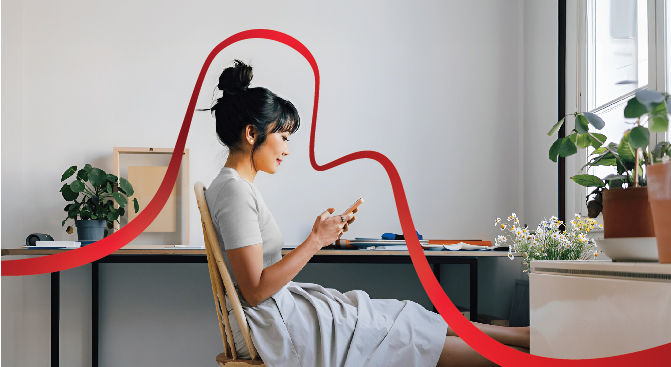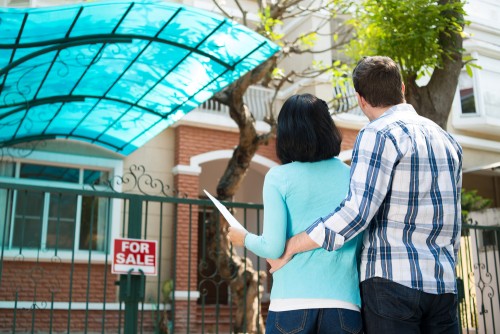Is Your House An Investment? It Depends On How You Use It

Believe it or not, your house may not always be a good investment. It depends on how you treat it.
Buying a house is a huge milestone. Most Filipinos consider it as the biggest financial decision and most expensive purchase they’ll ever make in their lives. According to the Bangko Sentral ng Pilipinas 2014 Consumer Finance Survey1, “House dwelling is the single biggest asset of many households.” In a sense, homeownership is a marker that a person is doing well financially. Friends might call you mayaman and relatives might say may narating ka na if you are able to buy a house, even if it’s not fully paid yet. It’s the benchmark of middle-class success.
While a house can help build a stable environment for the family, increase a person’s net worth, and provide a place for parties and relaxing weekends, many economists believe that it is not an investment. This can be quite a shock for Filipinos who think that owning a home is the path to getting rich. The thought that a house is an investment is based on the idea that a house will increase in value in the future. While this may be true in some cases, there are many other things to consider.
An investment is a “property acquired for the purpose of producing income for its owner2.” Let’s say that you buy a house for two million pesos and sell it for 2.7 million pesos ten years later. Seems like you “earned income,” right? However, if you also take into account the loan interest, property taxes, and the cost of maintaining your home, then you’ll realize that you didn’t actually earn much.
Realistically speaking, it’s not easy to turn your family home to cash during times of need. It means you will actually have to move out and live somewhere else. Plus, selling a house is not as easy as it sounds. If the real estate market conditions aren’t ideal, you might end up losing money.
Homeownership vs renting
Given the right circumstances, buying a house can still be considered an advantageous move. A homeowner has more freedom and creative control over his or her property, while a renter needs to abide by the rules of the property owner. Owning a house also comes with a sense of financial security because you have the option to rent out a portion of your home or to put it on mortgage when times get tough.
Depending on the situation, renting can be a good choice, too. It offers flexibility, with no long-term commitments. It also gives renters more control of their money because they don’t need to take out a huge loan and save up for a down payment. They don’t need to worry about repairs and maintenance, too. Things like replacing the roof or fixing the kitchen pipes can get expensive in the long run.
In the Philippines, particularly in Metro Manila, one thing to consider is the time wasted traveling from home to work. A house owner can either limit his job search to nearby offices or to suffer hours in traffic on a daily basis. On the other hand, a renter can easily choose a place near his office for convenience. This gives the renter more free time to relax and spend with his family, among other benefits.
Simply buying a house does not guarantee financial security
This is not to say that an investor cannot make money from real estate. However, purchasing a house as an investment requires a different mindset and approach from homeownership.
If your primary purpose for purchasing a home is to provide shelter for your family, then stop thinking that your family home is an investment that will grow in value one day. Just sit back, relax, and enjoy having a roof over your head without thinking about the financial returns. If it so happens that you get a profit when you sell your home years from now, consider it a bonus.
Don’t let your home be the only source of your financial security. You need to have savings, investments and insurance first.
Set aside money and start building a portfolio for other future expenses like emergencies, education, and retirement. Don’t let homeownership leave you with little or no funds for other life expenses. What use is a beautiful house if you are always worried about paying the bills, anyway?
If you already have enough money for downpayment, but decide not to purchase a home, it is possible to get a good return if you strategically put your money elsewhere like mutual funds, stocks or a Variable Universal Life Insurance plan.
You can also keep it in the bank to fund emergencies and other short-term expenses. Keep in mind that because you can access your funds more easily, the temptation to spend it is going to be stronger. You need to be disciplined enough to monitor your own financial wellness and be prudent about your money habits.
--
Sources:
1 Bangko Sentral ng Pilipinas. 2014 Consumer Finance Survey.


